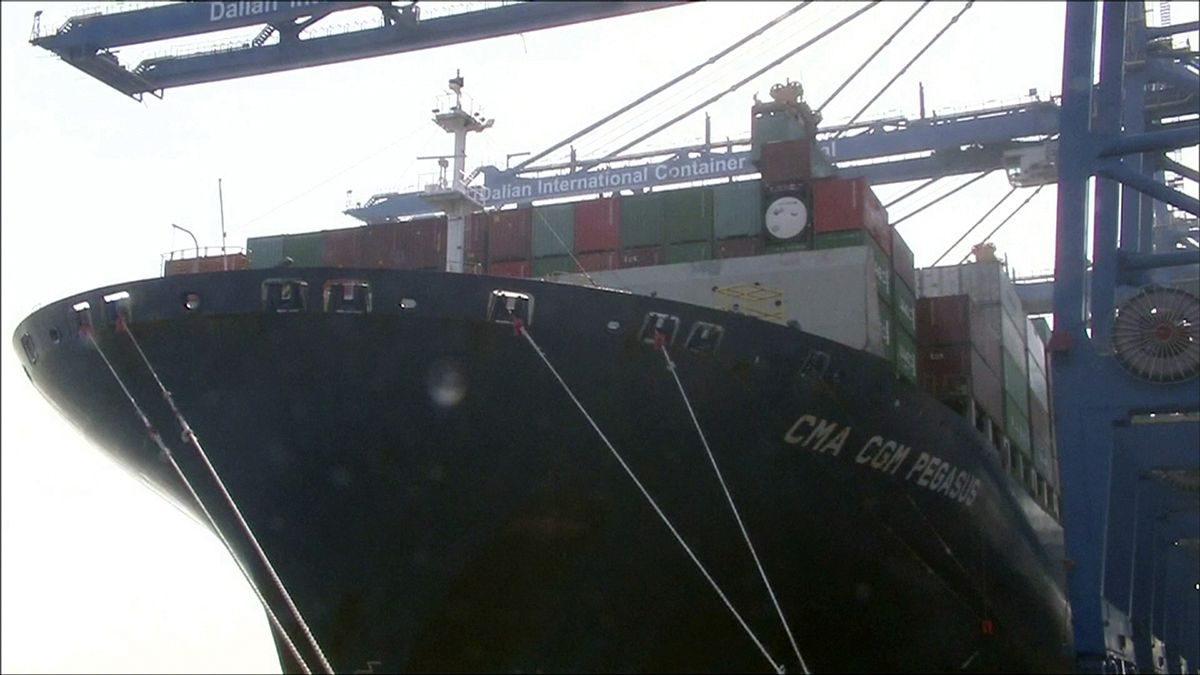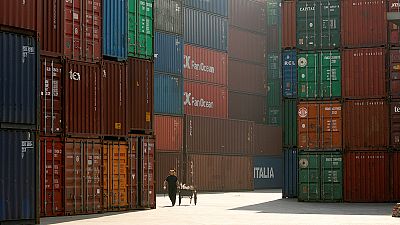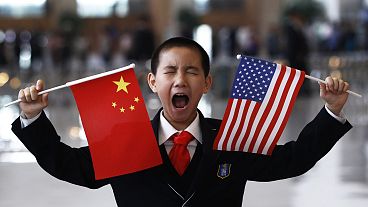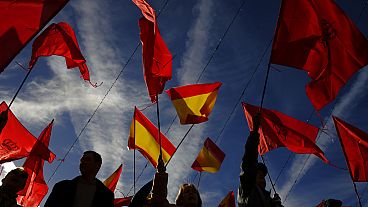China posted much stronger-than-expected trade data for January even as Asia braces for a rise in US protectionism under President Donald Trump.
China trade figures were much stronger than expected in January as demand picked up at home and abroad.
It was an encouraging start to the year for the world’s largest trading nation even as Asia braces for a rise in US protectionism under President Donald Trump.
Exports rose 7.9 percent from January last year measured in dollars. Imports increased 16.7 percent, which was the fastest pace in four years.
Zhao Zhongxiu, Vice-president of the University of International Business and Economics in Beijing, commented: “Trade has benefited from a number of government measures intended to stabilise exports and promote economic growth. They include effective measures, such as those to streamline administration and facilitate foreign trade, as well as improve tax reimbursements. All have had a pretty good impact on foreign trade.”
The early arrival of the Chinese new year this year also helped.
A cyclical upturn for Asian trade or just a Rooster boost? An analysis of positive January China trade data pic.twitter.com/sABC6o3YGu
— Trinh Nguyen (@TrinhDieuNguyen) February 10, 2017
Imports have been fueled by a continuing construction boom which is boosting demand for commodities.
Iron ore imports were the second highest on record, and crude oil imports were the third highest ever. Coal purchases also soared, for use in both power generation and steelmaking.
Trump trade tribulations
Trump has criticised China but has not yet followed through on threats to label Beijing a currency manipulator and slap heavy tariffs on Chinese goods.
He also has taken a major step to improve ties by holding a phone call with President Xi Jinping.
Trump seemed to change tack and said he would honour the longstanding ‘one China’ policy during his conversation with China’s leader, a major diplomatic boost for Beijing which accepts no criticism of its claim to neighbouring Taiwan.
U.S. declines to name China currency manipulator https://t.co/FpD6j0tu05 via
Reuters</a></p>— Behram Atashband (BMC2S) February 7, 2017
Is China a Currency Manipulator?Get the facts from
FletcherSchool</a>'s Prof. Michael Klein<a href="https://twitter.com/hashtag/mondaymotivation?src=hash">#mondaymotivation</a> <a href="https://t.co/sl6qCu9jEc">https://t.co/sl6qCu9jEc</a></p>— EconoFactOrg (EconoFactOrg) January 30, 2017
Louis Kuijs, head Of Asia economics at Oxford Economics in Hong Kong, thinks nothing is certain however: “The worry we have is really about US trade policy, which is undeniably turning more protectionist… It is pretty obvious to me that the climate for exports to the US is going to be much harsher in the coming years.”
Experts back Trump’s tough line on China trade https://t.co/O5Iw9EnDWC
— Financial Times (@FinancialTimes) February 7, 2017



